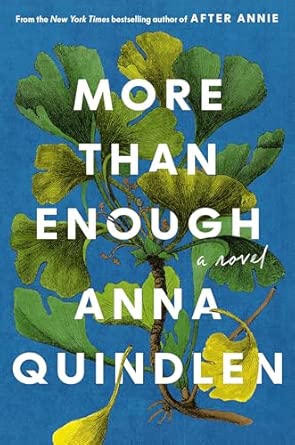4.5 Stars
This is a rivetingly beautiful book which I think will haunt me for some time.
Ondro Prach is an old man living a solitary life in the forests of New Hampshire. He narrates his life story beginning with a pivotal event when he was 13 years old. On New Year’s Day of 1929, Ondro, the son of Slovak immigrants, after two years of working in a coal mine in Pennsylvania, has been promoted to a mule boy. He handles a mule that hauls cartloads of coal from shafts deep within the mine. When a roof collapses, Ondro is trapped with four other men. He is the only one who escapes. The memory of that day is a burden that has a negative impact on his life: he escapes the mine but becomes a prisoner of his past, unable to escape the tragedy that defined his life. Many years later, he is visited by the miners’ loved ones seeking answers to the men’s last hours. He shares what he remembers, offering healing to the descendants, and finds healing and peace himself.
When I first began the novel, I struggled. It’s written in stream-of-consciousness style; there’s not one period in the entire book, though there are commas which suggest breaths taken by the speaker. I gradually got into the rhythm of the fluid, lyrical prose and ended up finding myself totally immersed, swept away by what is described as “incantatory prose set to the rhythm of human breath.”
This is a novel about tunneling through the worst of times. Because Ondro carries the burden of a terrible trauma, his life becomes a virtual prison sentence: “I went to prison not for what I had done but for what I had failed to do, hidden in a room deep below the ground where I did not find God and God did not find me, and I have wondered if this is what I have been asked to carry for the rest of my life, if there is life in this.” He is obviously suffering with survivor’s guilt. He fears that his life has no meaning; he has a deep fear of the dark, “not the dark in which there is no light but the dark in which there is nothing, no thing.”
Eventually he comes to understand the need to accept life with all it offers, whether horrors and grief and guilt or beauty and peace: “if you are alive, alone or with others, in the dark or in the light, imprisoned or walking freely, it is life right up to the last breath.” A friend speaks to him about the Book of Jonah in which Jonah is swallowed by a big fish, as Ondro was swallowed by the earth. Jonah needs to learn “about God’s mercy and magnanimity” and Ondro needs to be reminded of this as well and to forgive himself. It’s interesting that a miner keeps telling Ondro “ňestaraj śe” which translates as “don’t worry anymore” in a Slovak dialect, a different way perhaps of suggesting that God will provide.
Ondro also comes to terms with death. A friend teaches him that “death is not a destruction of being but a change of state” so “fear of death was weak and unfounded because there is no not being and this is the only way we can live life and not fear death, knowing that to become nothing is impossible and that what matters is the being our bodies consist of and death is simply a change.” (This made me think of an article I once read about how the atoms and energy particles that make up a living person persist in the universe, effectively changing form rather than vanishing. Based on the law of conservation of energy, the energy within a human body cannot be destroyed upon death, only transformed.)
This book really impressed me. With its focus on the burden of being the sole survivor of a tragedy, it is obviously sad, but it also emphasizes the possibility of redemption. I tend not to reread books, but this one certainly deserves a second look.






